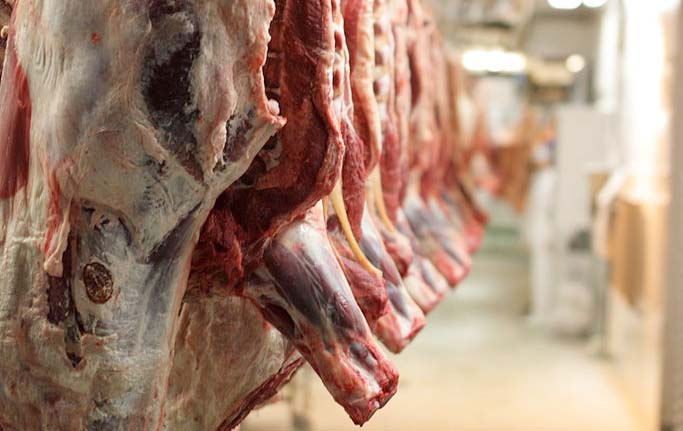
Influential MPs believe a complex and highly organised network of companies fraudulently mislabelling meat is behind the horsemeat scandal.
MPs have said those responsible for the horsemeat scandal 'must be identified and prosecuted in order to restore consumer confidence' in the UK's frozen meat sector.
Robert Frost, CEO of Anglia Business Solutions, which designs supply chain software technology, says food processors must act now to protect consumers and retailers in the future.
Frost talks about how traceability of food can be improved and how the food industry must up its game to quickly locate and isolate contaminated food wherever it is in the supply chain.
In the Food Contamination report examining lessons from the meat contamination incident, the Environment Food and Rural Affairs Committee expressed concern that no prosecutions have yet been brought, despite clear evidence of organised fraud in the meat supply chain.
Chair of the Committee Anne McIntosh MP has said: "The evidence suggests a complex network of companies trading in and mislabelling beef or beef products which is fraudulent and illegal."
"We are dismayed at the slow pace of investigations and seek assurances that prosecutions will be mounted where there is evidence of fraud or illegality."
Although the fraud proved not as extensive as originally feared, it has reduced consumer confidence in frozen and processed meats, such as frozen burgers. Although few samples eventually proved negative, the worst example found more than a quarter of a supermarket burger was horse instead of beef.
Anne McIntosh stated: "Retailers and meat processors should be more vigilant against the risk of deliberate adulteration. Regular and detailed DNA tests are needed on all meat or meat-based ingredients which form part of a processed or frozen meat product. Consumers need to know that what they buy is what the label says it is."
The Committee was also surprised by the comparatively large number of horse carcasses from the UK which tested positive for the veterinary drug bute. It argues that a newly introduced system for testing horses for bute before they are released to the food system must continue with government and industry sharing the cost.
